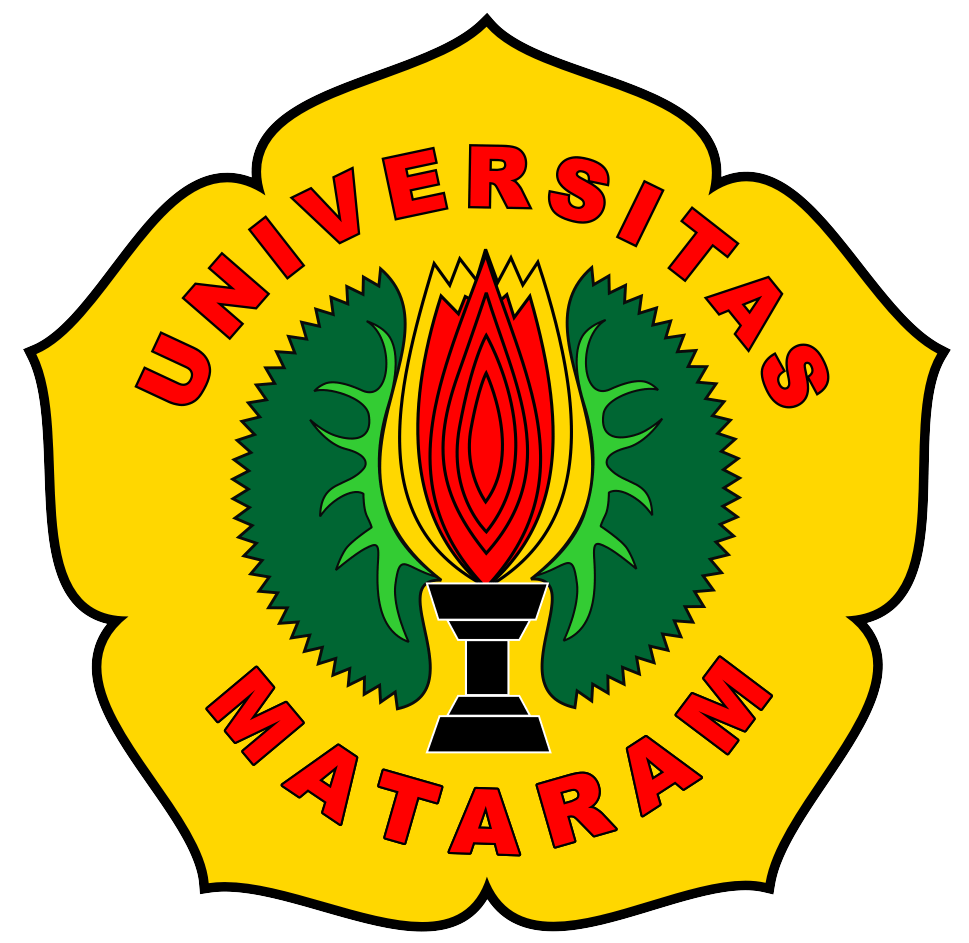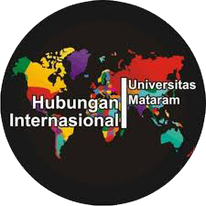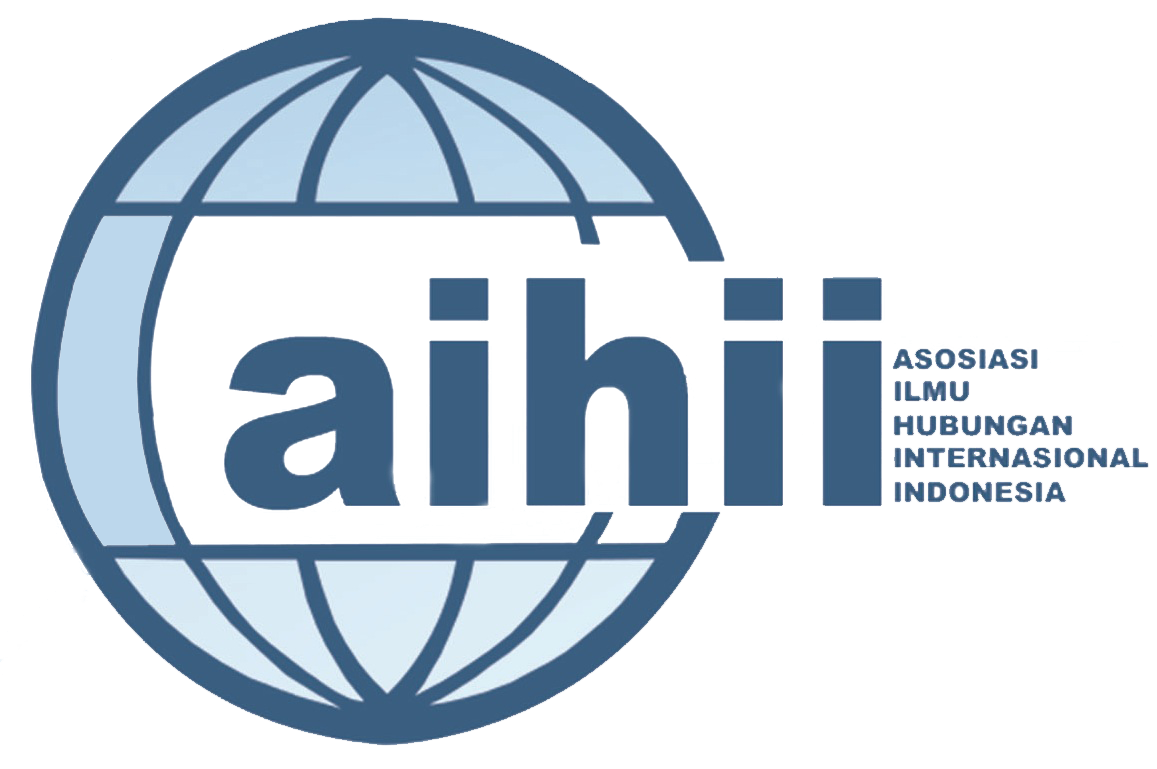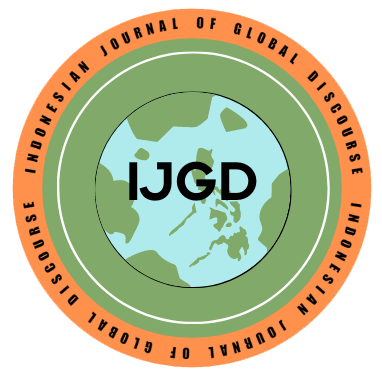Pengelolaan Konflik Horizontal di Kampung Harapan Jaya Kabupaten Berau Berbasis Pendekatan Formal dan Informal
DOI:
https://doi.org/10.29303/ijpss.v3i2.84Keywords:
Conflict Management, Kampung Harapan Jaya, Local Wisdom, Negative Peace, Pluralism, Positive PeaceAbstract
This research uses a qualitative methodology by using inductive logic which tries to present new alternative thinking. This research explains a conflict management in Kampung Harapan Jaya, Berau Regency, East Kalimantan. Through discourse analysis, the study seeks to analyze the management of conflicts formed through both formal and informal approaches. The purpose of this research is to contribute to the theoretical realm while making new findings that can be translated into an alternative policy for the government in the context of conflict management in plural areas. The main finding of this research shows that the conflict in Kampung Harapan Jaya is managed through three approaches, namely the figure approach, the region governance approach, and the socio-economic interaction approach among the local community. The region’s governance approach leads to a negative peace situation. Meanwhile, the approach the informal interaction through socio-economic activities based on the local wisdom act has greater potential in creating positive peace situations. This research is important as a contribution to the issue of peace studies based on best practice research
References
Bacon, F. (2012). Competing Methodologies in Social and Political Resarch. In T. L. J. W. Moses (Ed.), Francis Bacon and the Method of lnduction. Palgrave Macmillan.
Burton, J. (1986). The Theory of Conflict Resolution. Current Research on Peace and Violence, 9(3), 125–130. https://www.jstor.org/stable/40725036
Collier, P., & Hoeffler, A. (2006). Military Expenditure in Post-Conflict Societies. Economics of Governance, 7, 89–107. https://doi.org/https://doi.org/10.1007/s10101-004-0091-9
Dawson, C. (2007). Practical Guide to Research Method. How to Books.
Diehl, P. F. (2016). Exploring Peace: Looking Beyond War and Negative Peace. International Studies Quarterly, 60(1), 1–10. https://doi.org/10.1093/isq/sqw005
Galtung, J. (1964). A Structural Theory of Aggression. Journal of Peace Research, 1(2), 95–119. https://doi.org/10.1177/002234336400100203
Galtung, J. (1996). Peace by Peaceful Means: Peace and Conflict, Development and Civilization. SAGE Publications.
Galtung, J. (2002). Rethinking Conflict : The Cultural Approach. Council of Europe.
Galtung, J., & Webel, C. (2005). Handbook of Peace and Conflict Studies. Routledge.
Gurr, T. R. (1971). Why Men Rebel. Princeton University Press.
Kusuma Sp. (2000). Konflik di Ambon: Penafsiran Sosiologis Atas Pengamatan Konflik Januari-Mei 1999. Jurnal Ilmu Sosial Dan Ilmu Politik, 3(3), 265–283. https://doi.org/https://doi.org/10.22146/jsp.11131
Kusumaningrum, D. (2016). Interdependence versus Truth and Justice: Lessons from Reconciliation Processes in Maluku. Jurnal Ilmu Sosial Dan Politik, 20(1), 34–49. https://doi.org/https://doi.org/10.22146/jsp.17998
Lambourne, W. (2004). Post Conflict : Peace Building : Meeting Human Needs for Justice and Reconciliation. Peace Conflict Development, 1–24. https://doi.org/http://dx.doi.org/10.7246/pcd.0404
Maika, A. (2006). Pendekatan Kultural Sebagai Strategi Resolusi Konflik: Kasus Khon Kaen Thailand. Jurnal Ilmu Sosial Dan Politik, 10(2), 181–199. https://doi.org/https://doi.org/10.22146/jsp.11018
Nurdin, H. F. (2015). Penanganan Konflik di Sambas Kalimantan. 1–17. http://pustaka.unpad.ac.id/wp-content/uploads/2015/12/PENANGANAN-KONFLIK-DI-SAMBAS-KALIMANTAN-Conflict-Management-in-Sambas-Kalimatan.pdf
Webel, C., & Galtung, J. (Eds.). (2007). Handbook of Peace and Conflict Studies. Routledge.
Wibowo, D. (2020). The Role of School Culture in Teacher Professional Development for Peace Education: The Case of Three Schools in Post-Conflict Aceh Indonesia [University of Otago]. https://ourarchive.otago.ac.nz/handle/10523/10145














